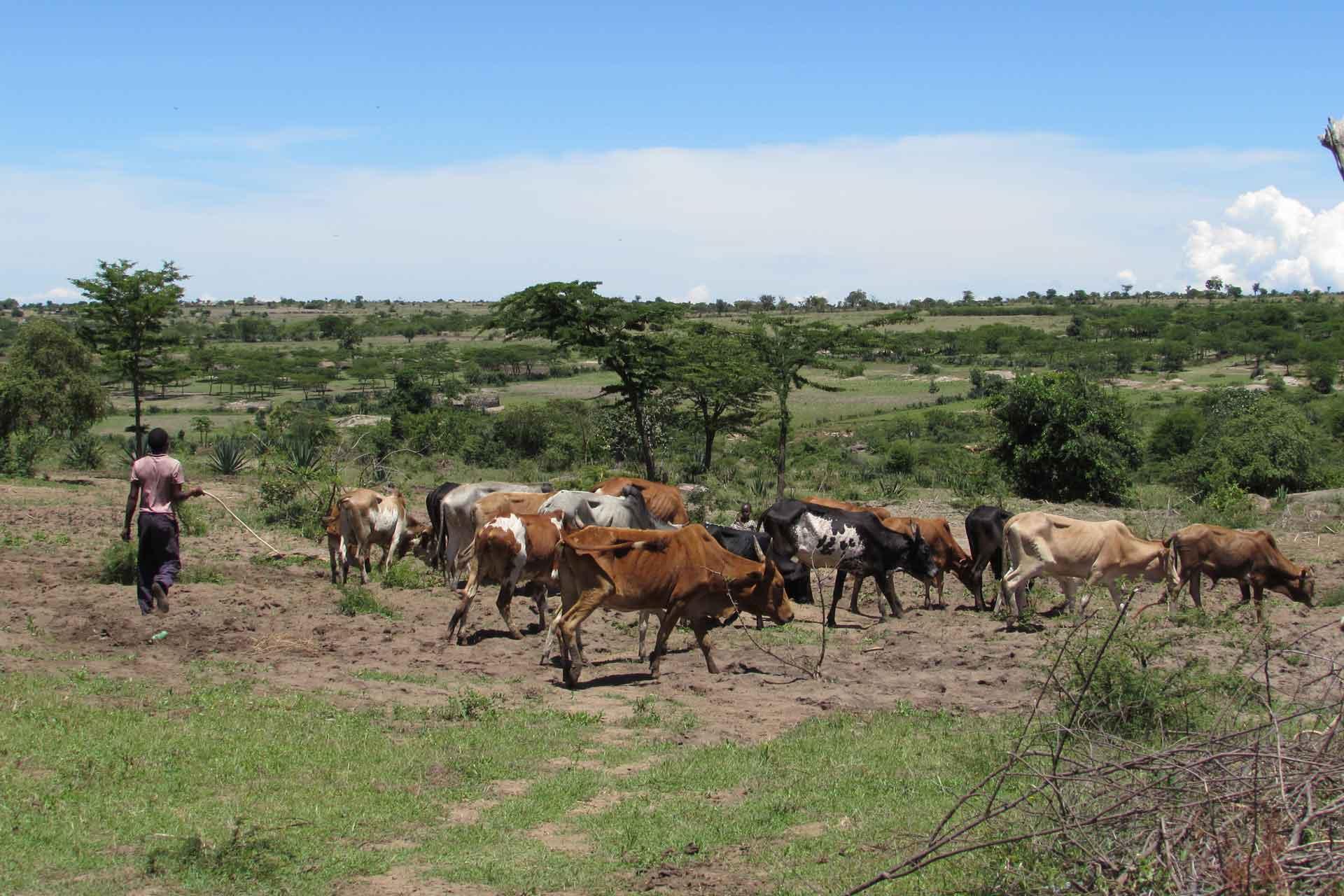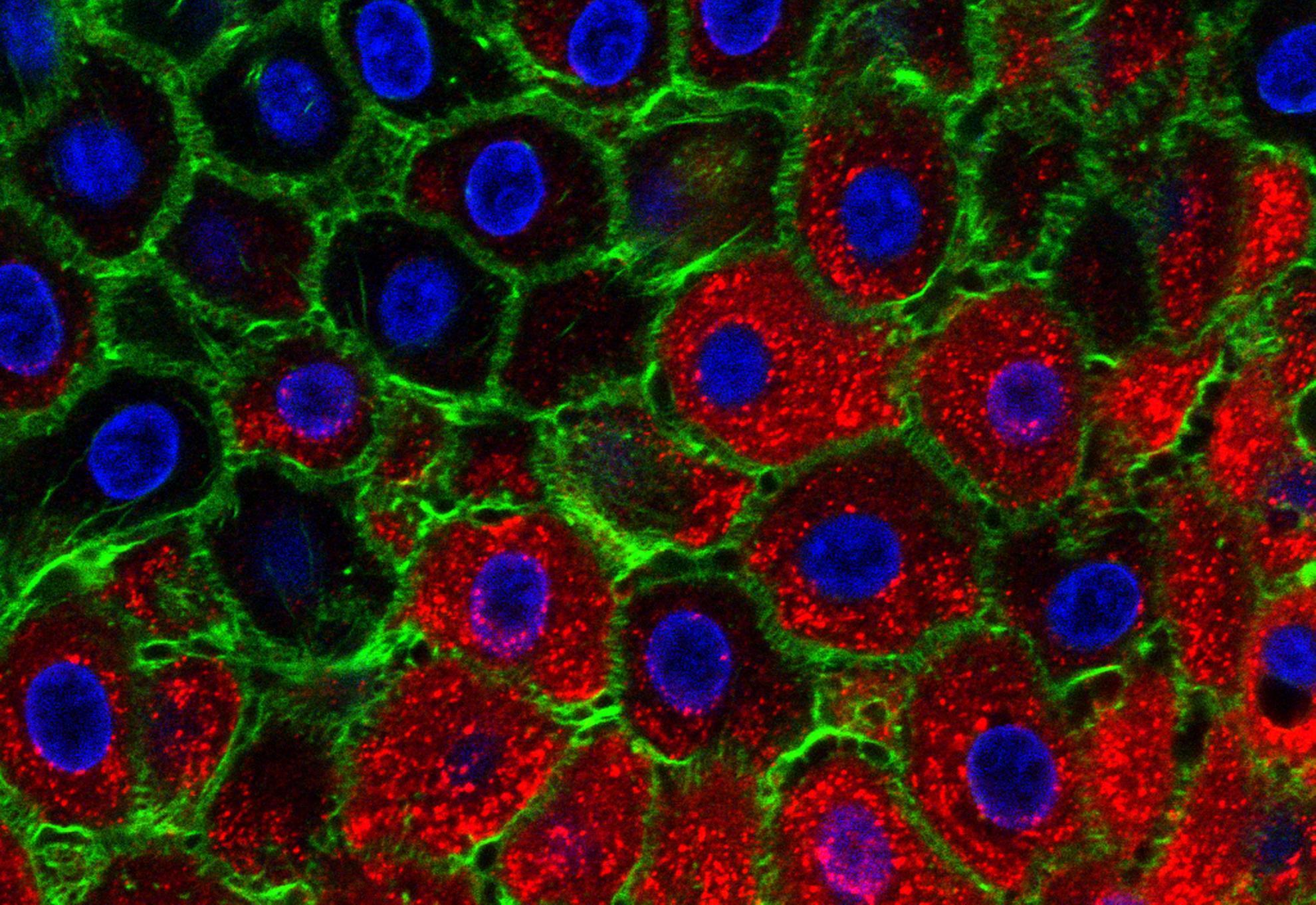A vaccine based on the A/ASIA/G-VII lineage of foot-and-mouth disease virus offers low levels of protection against circulating viruses from the A/ASIA/Iran-05 lineage
The recent emergence and circulation of the A/ASIA/G-VII (A/G-VII) lineage of foot-and-mouth disease virus (FMDV) in the Middle East has resulted in the development of homologous vaccines to ensure susceptible animals are sufficiently protected against clinical disease. However, a second serotype A lineage called A/ASIA/Iran-05 (A/IRN/05) continues to circulate in the region and it is therefore imperative to ensure vaccine strains used will protect against both lineages. In addition, for FMDV vaccine banks that usually hold a limited number of strains, it is necessary to include strains with a broad antigenic coverage. To assess the cross protective ability of an A/G-VII emergency vaccine (formulated at 43 (95% CI 8–230) PD50/dose as determined during homologous challenge), we performed a heterologous potency test according to the European Pharmacopoeia design using a field isolate from the A/IRN/05 lineage as the challenge virus. The estimated heterologous potency in this study was 2.0 (95% CI 0.4–6.0) PD50/dose, which is below the minimum potency recommended by the World Organisation for Animal Health (OIE). Furthermore, the cross-reactive antibody titres against the heterologous challenge virus were poor (≤log10 0.9), even in those cattle that had received the full dose of vaccine. The geometric mean r1-value was 0.2 (95% CI 0.03–0.8), similar to the potency ratio of 0.04 (95% CI 0.004–0.3). Vaccination decreased viraemia and virus excretion compared to the unvaccinated controls. Our results indicate that this A/G-VII vaccine does not provide sufficient protection against viruses belonging to the A/IRN/05 lineage and therefore the A/G-VII vaccine strain cannot replace the A/IRN/05 vaccine strain but could be considered an additional strain for use in vaccines and antigen banks.

